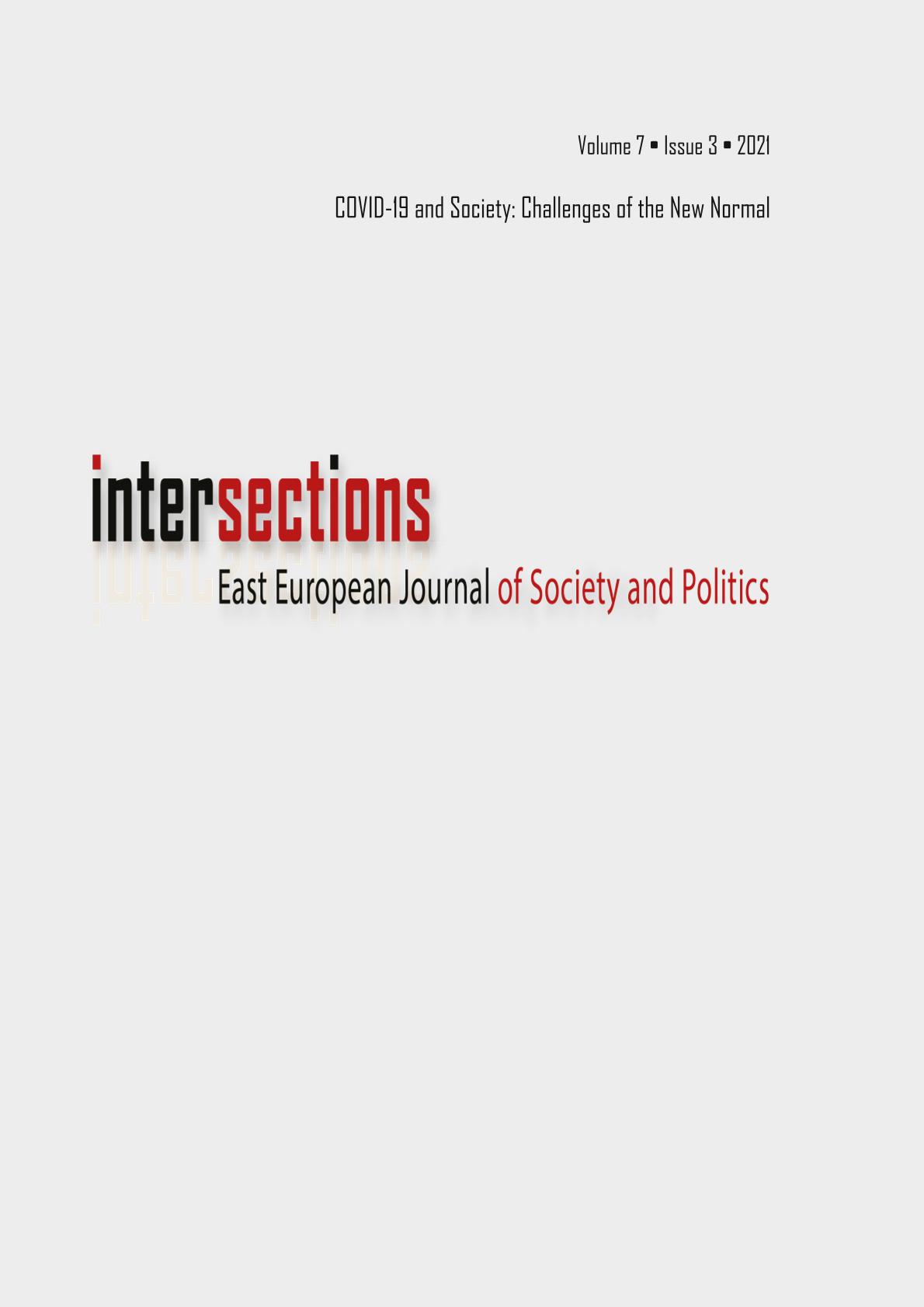Participation, trust, and risks associated with peer-to-peer accommodation platforms
Participation, trust, and risks associated with peer-to-peer accommodation platforms
How did the COVID-19 crisis affect Airbnb Budapest in 2020?
Author(s): Bori Simonovits, Boglárka Zách, Csenge KondorosySubject(s): Health and medicine and law, Tourism
Published by: MTA Társadalomtudományi Kutatóközpont Kisebbsegkutató Intézet
Keywords: online trust; online risk; digital discrimination; Airbnb Budapest; COVID-19 crisis
Summary/Abstract: Our research was aimed at exploring the different layers of trust with regard to Airbnb services, as well as the practices of discrimination on the platform. The fieldwork was carried out in the first half of 2020, partly before and partly after the COVID-19 related interventions, which significantly affected life in Budapest from mid-March 2020 onwards. A total of 21 semi-structured interviews were carried out, supplemented with online discourse analysis. Our empirical analysis revealed that most of our interviewees displayed positive attitudes towards Airbnb, but our online discourse analysis showed that there are rather mixed attitudes towards the company. Considering the platform from an employment perspective, certain elements of precarious working conditions were identified. When it comes to different layers of trust, we point out that interpersonal trust between guests and hosts is crucial, resulting in positive experiences for hosts in many ways. We found social trust in Airbnb to be more ambiguous, as some interviewees claimed to have concerns with regard to its effect on the housing market. Finally, distributed trust on the platform seemed significant, as ratings often serve as a means of predicting guests’ trustworthiness. Most of the hosts we interviewed were aware of the fact that discrimination is not tolerated at all by the platform, so it is not surprising that we could hardly identify any cases of overt discrimination; however, latent forms of discrimination and negative attitudes as well as stereotypes that were formed by the hosts in relation to numerous nationalities and minorities were explored in our empirical research.
Journal: Intersections. East European Journal of Society and Politics
- Issue Year: 7/2021
- Issue No: 3
- Page Range: 178-200
- Page Count: 23
- Language: English

